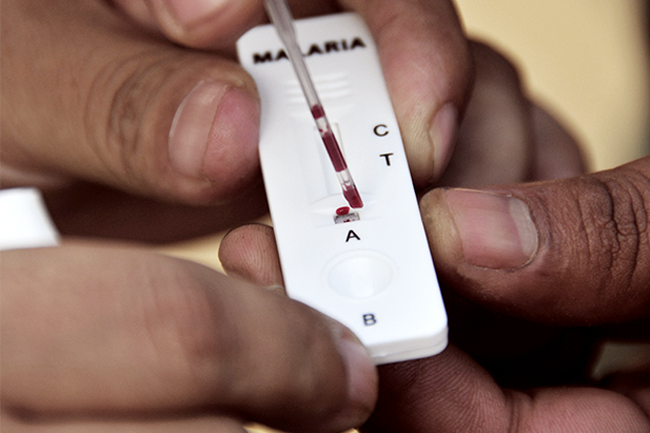Nearly 10% of antimalarial medicines currently available in Nigeria are simply not up to scratch. According to a recent study conducted by researchers from the University of Nigeria and UK-based London School of Hygiene and Tropical Medicine in the south-east city Enugu, this could make efforts to curb the country’s already severe malaria problem even more challenging.
Using pseudo-sufferers to purchase antimalarials, the researchers assessed the quality of more than 3 000 antimalarial drugs samples from 421 of the city’s outlets, including pharmacies and public-health facilities.
According to a SciDev.net report, analysis revealed that while most were of acceptable quality, 1.2% were falsified (fake drugs that don’t contain the stated active pharmaceutical ingredients), 1.3% were degraded and 6.8% were substandard (containing inadequate amounts of the active ingredients).


